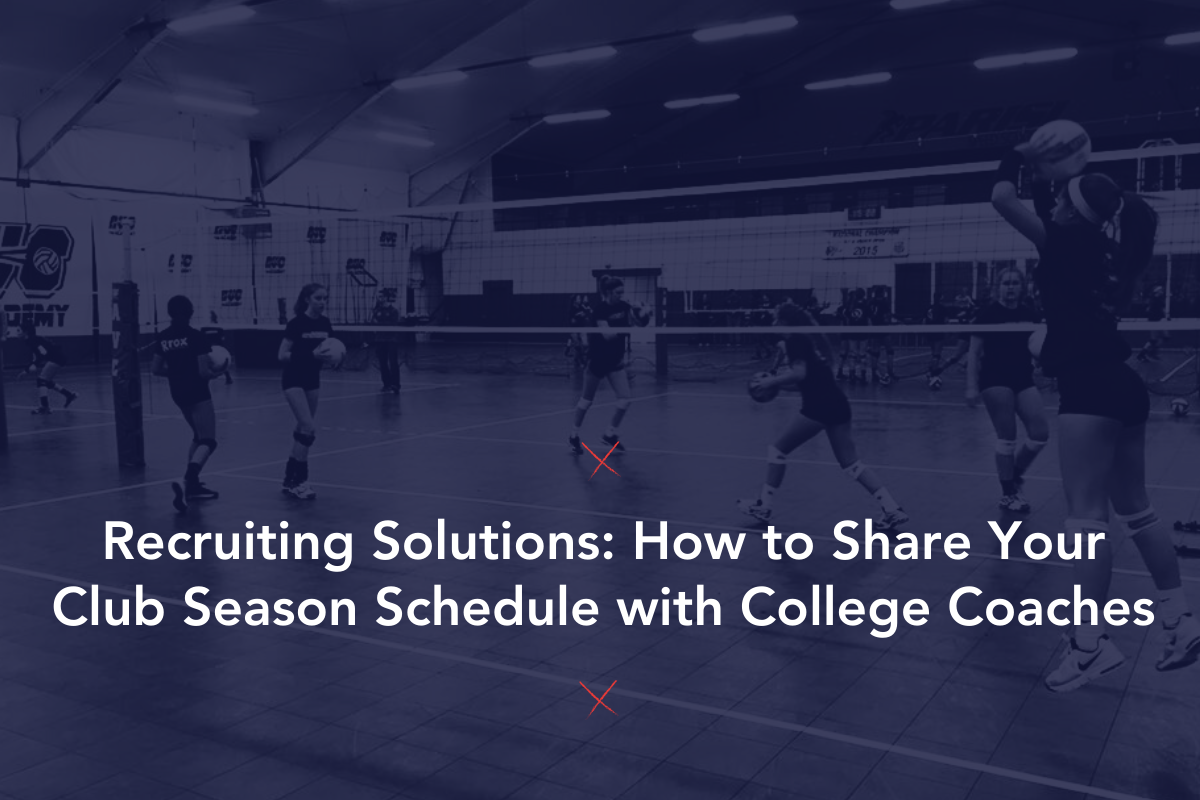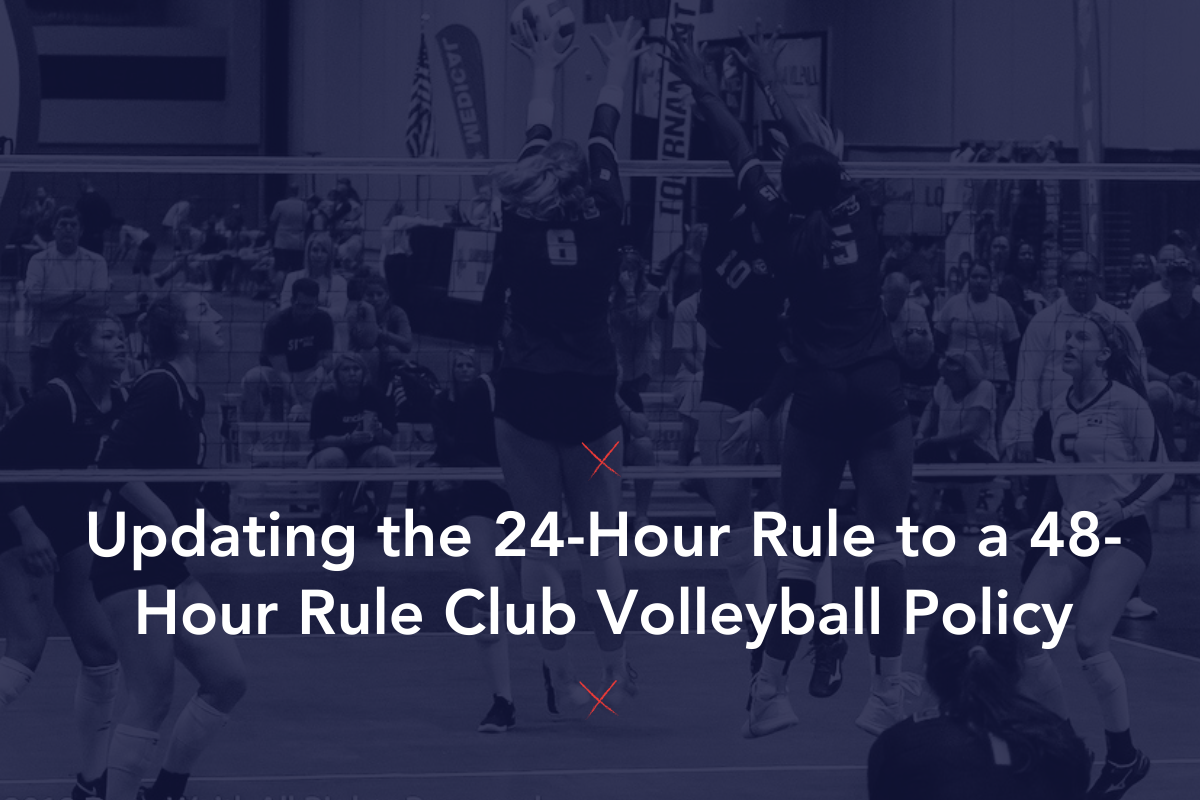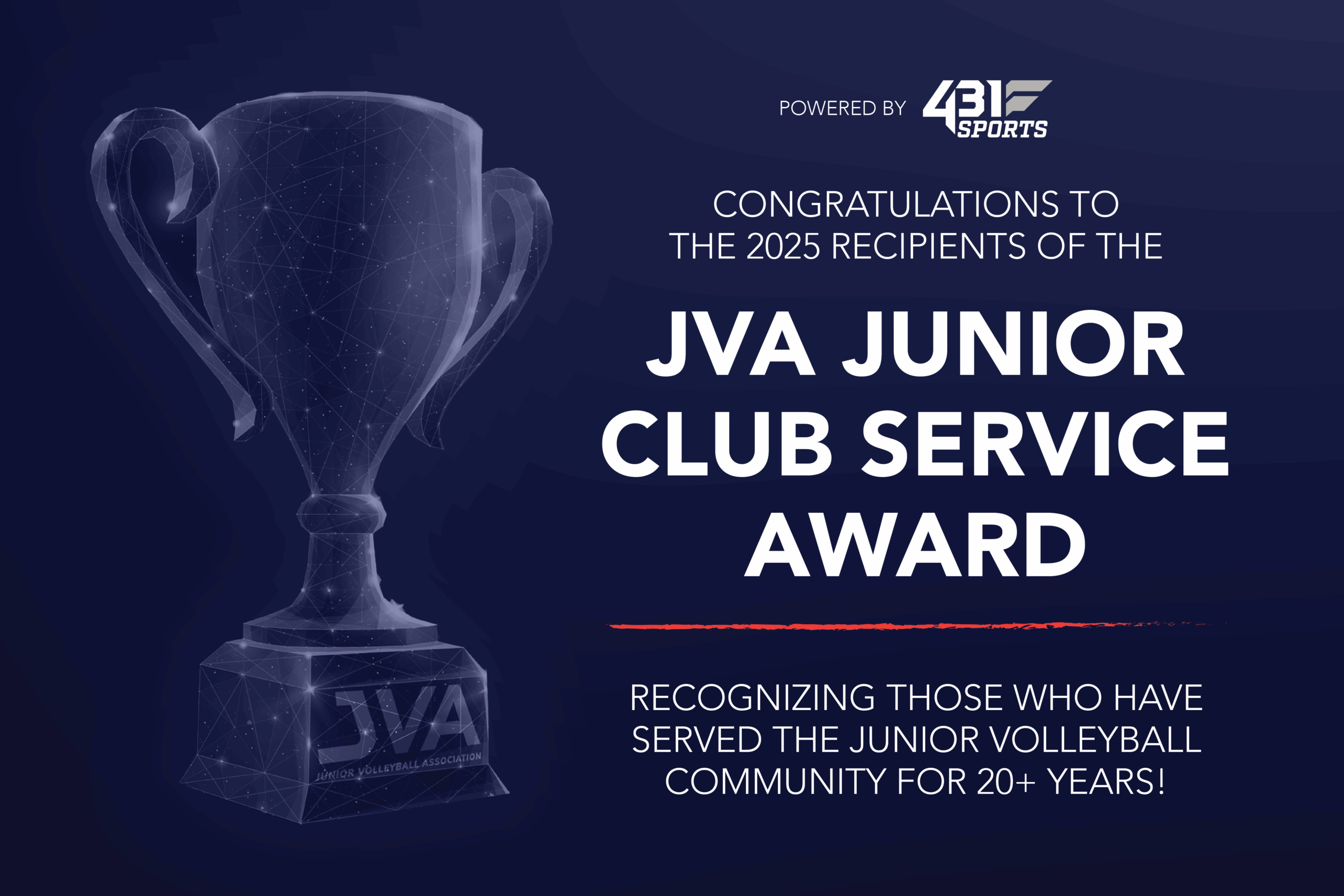Club volleyball teams are constantly on the move. Between multi-day qualifiers and regional tournaments, teams travel nearly every weekend across the state and country. Coaches, club directors, and team parents juggle travel schedules, hotel room blocks, team meals, activities, and shifting game times—all while trying to keep everyone informed about both current and future tournaments.
Yet, many clubs still rely on group texts, scattered emails, and outdated spreadsheets to manage travel. The result? Confusion, miscommunication, and unnecessary stress. Team parents repeatedly find themselves answering the same questions about schedules, meals, and activities. Important updates get lost in endless message threads, and organizers spend more time managing logistics than supporting their teams.
Here are 4 ways to calm the chaos of volleyball tournament travel:
Travel data bank
Before tournaments, one of the biggest challenges for team parents and coaches is gathering information on food and activities that accommodate diverse needs, dietary restrictions, and allergies. Instead of spending hours searching websites or asking around, clubs can streamline this process by creating a travel template data bank—a centralized resource with key insights from past trips. This should include transportation (public transit, shuttle, parking tips), food options (big group-friendly restaurants, late-night dining, quick breakfast spots, local favorites), activities (family-friendly attractions, free events, player downtime ideas), and common pitfalls (venue food rules, weather concerns). Lastly, add notes and feedback on what worked (and what didn’t). This can be in a Google doc or folder that all team parents and head coaches can access.
Team activities
Finding team activities is another major challenge. Team parents don’t just have to search for options. They also need to check pricing, travel distance, and whether athletes are interested. Many default to using Yelp, TripAdvisor, or Google searches, but the best local recommendations are often missing from these platforms. Instead, city tourism pages like VisitBaltimore.com, Denver.org, or Washington.org offer better, more curated insights into local events—many of which are free or specifically designed for visitors. These sites highlight community festivals, sporting events, museum discounts, outdoor activities, and pop-up experiences that rarely show up in generic search results- but the type of activities you would want your athletes to do. They also provide exclusive deals, city passes, and local partnerships that can help teams save money while experiencing the best a city has to offer (because we love to save money as much as we love cheering the athletes on).
Meal and Activity Budgets
Club volleyball is already expensive, and unexpected food and activity costs can add frustration. To avoid this, teams should set clear budget expectations before traveling. Establishing a meal budget—$8–$15 for breakfast, $10–$20 for lunch, and $15–$30 for dinner—helps families plan, while standardizing tipping (18–20% for sit-down meals, 10–15% for delivery) ensures consistency. Balancing sit-down and quick-service meals keeps costs manageable without sacrificing experience. Activity budgets should also be set, as team outings like bowling, mini golf, or escape rooms typically cost $15–$30 per person, while local tourism sites offer free or discounted attractions. By planning ahead, teams can reduce financial stress and ensure a fair, enjoyable experience for everyone.
One place of truth
Besides finding information, the biggest frustration for team parents is managing and updating information across multiple platforms. With so many moving parts, it becomes overwhelming to update details in different locations, with team parents needing one place to manage all the information. This was an opportunity for Coordle to provide one centralized source of truth for all tournament travel.
With a dashboard that separates each tournament, teams can organize and manage critical logistical information in one place. Instead of juggling multiple spreadsheets, text chains, and scattered messages, Coordle gives each tournament its own dedicated space where travel details, transportation, hotel blocks, meals, and activities can be updated in real time.
With Coordle, club directors, coaches, and parents can spend less time managing logistics and more time focusing on the athletes. Tournament travel should be organized, stress-free, and seamless. Coordle’s mission is to revolutionize group travel and sports tourism by providing a seamless, centralized platform that simplifies all of your logistical information, eases communication, helps you find location easier and faster and empowers teams.
Using the travel data bank, looking for information in different locations, and using Coordle can help the experiences not only of the person currently managing all the information but also those that will be taking the reins in the years afterwards.
About the Author
Dr. Jen Fry (she/her) is a Sports Geographer, two-time founder, and sought-after speaker specializing in conflict, culture, and sports tourism. She leads JenFryTalks, an organizational change firm, and Coordle, a sports travel tech company. With 20+ years in group travel, event coordination, and leadership, Jen deeply understands the logistical challenges of tournaments. A 15-year college volleyball coach, she’s coached at Illinois (2011 NCAA runner-up), Washington State, Elon, and more. She holds a PhD in Sports Geography from Michigan State and has delivered 200+ speaking engagements, including TEDxDuke.









